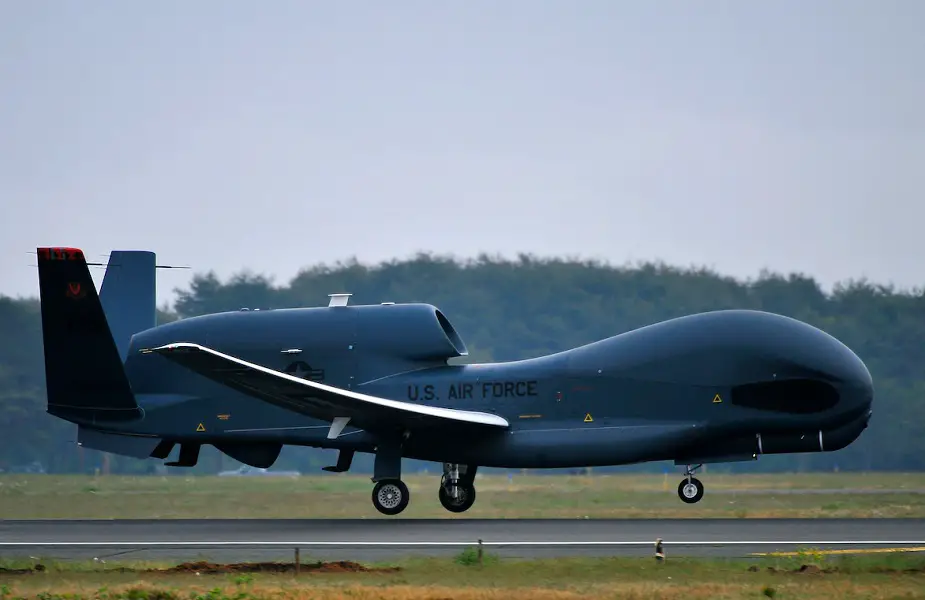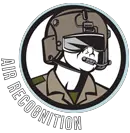The US Air Force has awarded Northrop Grumman a $108.8 million contract modification to continue logistics support of RQ-4 Global Hawk unmanned aircraft systems for South Korea.
Follow Air Recognition on Google News at this link
 RQ-4 Global Hawk (Picture source: US Air Force)
RQ-4 Global Hawk (Picture source: US Air Force)
The company will perform the work for a second year to address a foreign military sales requirement and will receive $22.9 million in FMS funds at the time of award, the Department of Defense said.
Northrop received a $158.4 million initial contract for aircraft sustainment services to the Asian country’s RQ-4 UAS fleet in November of last year.
In the same month, the company received a potential $4.8 billion contract to update, refurbish and sustain Air Force Global Hawk variants.
About RQ-4 Global Hawk
The RQ-4 Global Hawk unmanned aircraft system (UAS) is the premier provider of persistent intelligence, surveillance and reconnaissance information. Able to fly at high altitudes for greater than 30 hours, Global Hawk is designed to gather near-real-time, high-resolution imagery of large areas of land in all types of weather – day or night. Beyond intelligence collection, a portion of the Global Hawk fleet is engaged in supporting air and ground users with communications relay support. The EQ-4B Global Hawk carries the Battlefield Airborne Communications Node (BACN) payload providing life-saving support to warfighters.
Global Hawk has amassed more than 250,000 flight hours with missions flown in support of military operations in Iraq, Afghanistan, North Africa, and the greater Asia-Pacific region. The system provides an affordable and flexible platform for multiple sensor payloads to be used together, delivering mission-critical information to various users around the world.
In active operation with the U.S. Air Force since 2001, Global Hawk sees potential threats to allow commanders to gain greater understanding of an area of interest. These same intelligence-gathering capabilities also allow civil authorities greater ability to respond to natural disasters, conduct search-and-rescue operations and gather weather and atmospheric data to help forecasters predict the paths of storms.
















